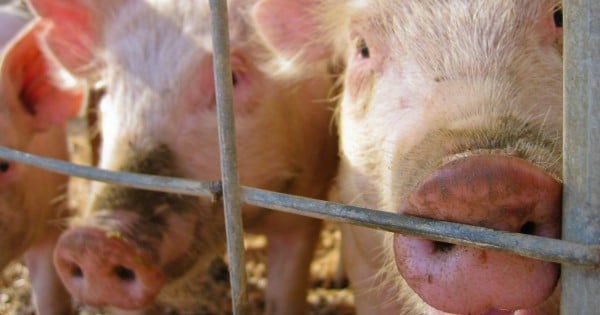
So it’s lunch time and you head downstairs to grab a bite and you’re thinking hey, what should I eat?
You spot the local sushi joint – fish, rice, veggies, maybe a sneaky prawn – and you’re already giving yourself a mental pat on the back for the healthy choice you’re about to make.
Back at your desk, roll in hand, you smile smugly at your burger-munching colleague, don’t they know their meat is pumped full of all kinds of nasties?
We often hear about antibiotic use in farming, globally it’s at an all time high. Along with our liberal use of prescriptions antibiotics, it’s considered one of the main reasons for the rise in so-called superbugs.
“Superbug” is the common name for antibiotic-resistant bacteria, aka the kind causing untreatable infections.
These spread through our hospitals like wildfire and kills tens of thousands of people worldwide every year.
According to the ABC’s Catalyst program, around 70 per cent of the antibiotics we use in Australia are on animals, which, perhaps surprisingly, isn’t actually considered excessive.
When large numbers of animals are confined in close proximity, the spread of bacteria is inevitable.
Rather than relying solely on antibiotics, Australian farmers tend to use mix of vaccines, special feeds and infection control mechanisms, which slows the rate bacteria develop resistance.






























































































